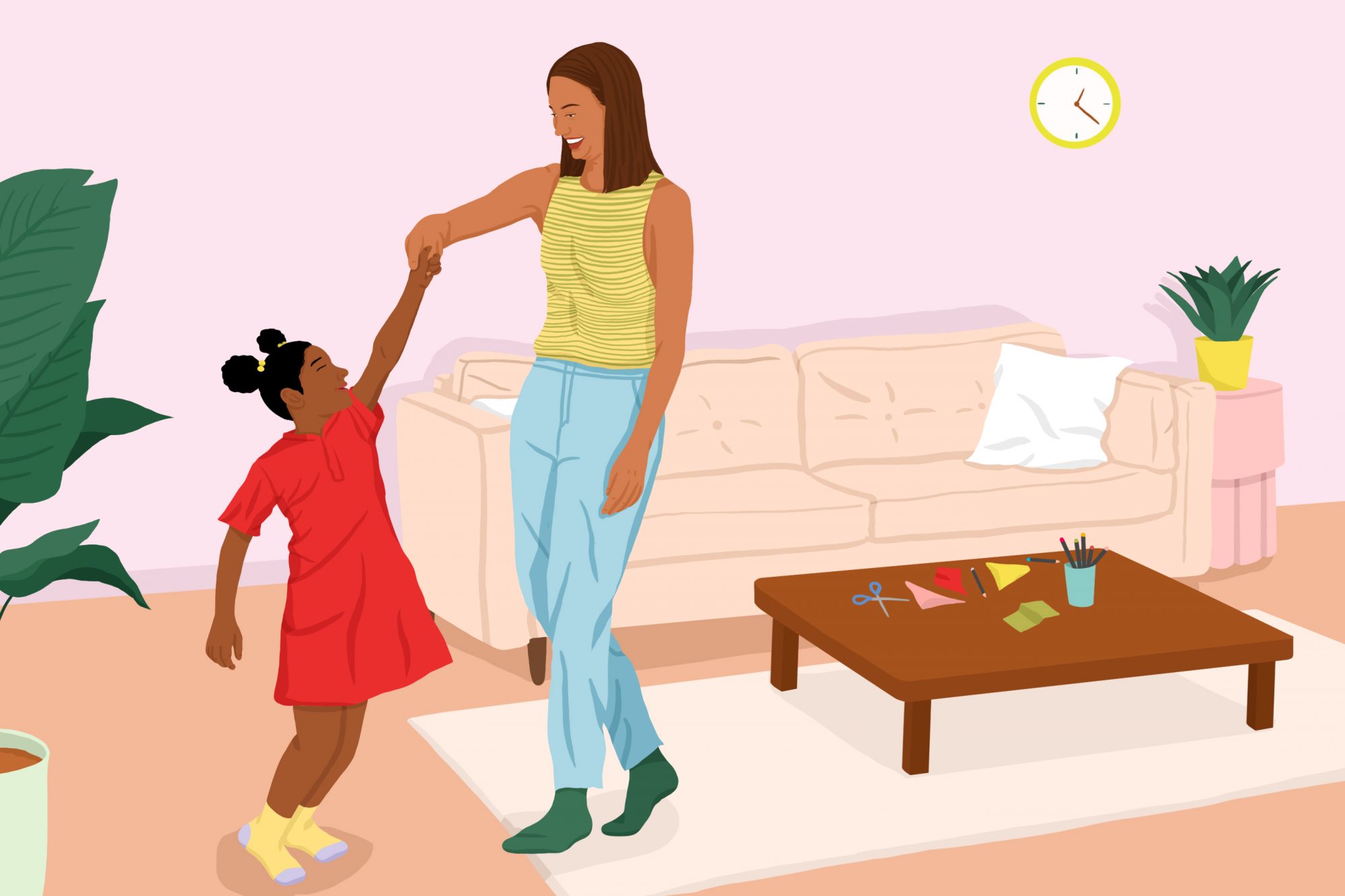
As a mom to three kids, I know that this is a difficult, stressful time for families. Parents really have to dig deep to find ways to support their kids, especially during the winter blues. I see posts from parents concerned about childhood insomnia, anxieties, and depression every day. With the pandemic increasing stress for everyone, it's crucial to instill coping skills.
Being the co-founder of GoodCap Wellness and a lifelong advocate of natural medicines, I've been able to draw on my experience with improving mental health to offer a few ways we can guide our kids through the last of the winter blues and beyond. While every kid is unique and there isn't a single path to building these skills successfully all at once, there are a multitude of healthy habits and activities that can foster an improved sense of well-being.
Here are six simple ways to support our kids' mental health and empower them with the tools to self-regulate during tough times.
Focus on Nutrition
Frame discussions about nutrition by talking about how our bodies and minds are linked. For example, you can say things like, "Your body and brain need to work together to make you feel better," or "Healthy mind, healthy body (and vice versa)." This allows kids to make the connection that our bodies and minds communicate with and help each other.
Understanding the relationship between the mind and body also establishes the importance of nourishing both with natural foods. There's a reason that our surrounding environments give us certain foods in different seasons. During the winter months, root vegetables are in season, and they have what our bodies require when it's colder out, so lean into them and incorporate them in each meal. We are a part of nature, and by working with the natural cycles around us, we can help our kids achieve optimal health.
Teach Breathing Techniques
Breathing exercises are a tool that can be really helpful in coping when kids are feeling overwhelmed. Try introducing breathing techniques when your child is in a happy mood and make it a fun activity by invoking creative imagery. Whether you're imagining a cake full of candles to blow out or a field of flowers to smell, or finding a guided meditation online for older kids, allow your child to experiment with what works best for them. And when tough feelings emerge, you can always help your child by recalling the scene and focusing on breathing or meditating through it together.
Make a Family Playlist
Science has proven that singing can reduce stress levels, so why not create a playlist for the entire family to sing along to? It could be an upbeat collection of popular hits for the morning or a selection of classics; just make sure you get your kid involved in picking the list and include something for everyone. With a playlist of songs that inspire the family to come together, you'll be able to lift any bad mood. Music can also help prepare your kids for bedtime, so a tried-and-true list of mellow songs can create a routine that eases active minds and helps transition to sleep.
Encourage Art
Expressive art exercises can also support mental wellness. Try drawing "feelings" or having a family doodle sheet, where each person can add their own flair or color in another family member's drawings. A walk outdoors is also an opportunity to pick up leaves or sticks to make a collage or snap a cool picture that you can recreate at home. These activities also fill an afternoon without a screen—which is always a bonus.
Turn to Journaling
If your kid isn't feeling particularly artistic, journaling is another way to improve mental well-being by helping to reduce stress, manage anxiety, and coping with depression. Let your child dictate the topics and how much (or little) they want to write. You can find journals with prompts and questions to get the words flowing. You could even create a private child and parent journal, where any and all questions can be asked and answered without judgment—or the dreaded eye contact from older kids.
Lead by Example
Remember that our moods will affect those around us, so helping our kids through the winter blues is also about taking all the advice that we read and give to them—and truly heeding it ourselves.
And it's all a process. Our brains need practice doing this, and just like our bodies, we have to exercise our ability to feel peaceful, happy, or grateful. A positive mindset is a "skill," and as we practice meditative or grounding exercises, they become easier and lead to lifelong coping skills.
Irie Selkirk is a trailblazer in the natural medicine and psychedelics industries who believes that the thoughtful and intentional consumption of medicines and mindful healing can infuse our lives with purpose. She is the co-founder of GoodCap Wellness, which specializes in the cultivation and development of psilocybin-based therapeutics and innovative approaches to well-being. Selkirk is also the co-founder of Sansero Life Sciences, a wholly-owned subsidiary of GoodCap and a biotech company focused on the research and formulation of psilocybin treatments.

